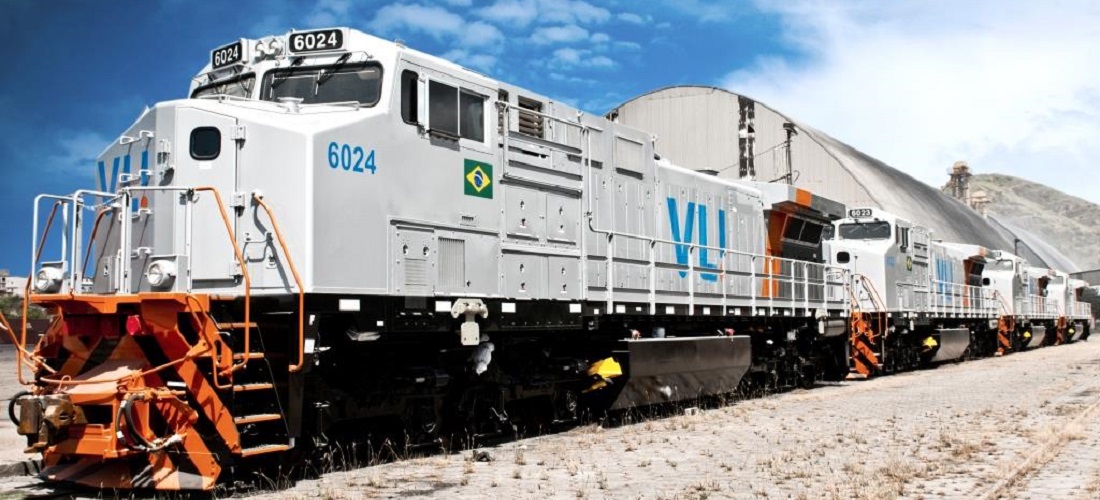
VLI plans R$15 bi expansion in Arco Norte
Oct, 22, 2021 Posted by Ruth HollardWeek 202140
In a statement made during a Valor Económico interview, railway and port terminal concessionaire VLI Multimodal CEO Ernesto Pousada stated that the company’s new growth cycle will prioritize the so-called Arco Norte. The company will enter new cargo markets such as Mato Grosso and expand in Maranhão. This plan foresees 10 years of investments totaling R$ 15 billion for new railway stretches that are required by the states to comply with new regulatory rules for the railway sector.
In particular, three stretches totaling more than 1,000 km are included among the four requests for authorizations that VLI has filed and that are starting to pass through the technical scrutiny of ANTT (regulatory agency) and the Ministry of Infrastructure. The largest stretch is from Água Boa to Lucas do Rio Verde, in Mato Grosso, with 508 km. The other connects Chaveslândia (MG), on the border with Goiás, to Uberlândia, with 276 km.
These two requests generated controversy with Rumo, of the Cosan group, which is contesting with MINFRA (Ministry of Infrastructure) the concept of the bill that gives priority to whoever requests authorization first. “I’m not going to go into the merits of discussing who is right, it’s up to the legislators,” stated Pousada.
The executive says that VLI has been analyzing new investments aimed at Arco Norte and entering the Goiás market since 2018. “We have been carefully analyzing these project authorizations for more than 12 months.
The other two sections include a stretch from Balsas to Porto Franco, in Maranhão (230 km), and a 9 km-long small stretch in Baixada Santista connecting the Perequê region to its Tiplam port terminal, in Cubatão, the MRS stretch no longer being needed.
“These authorizations are the basis of our strategy for a new expansion cycle which will allow VLI to enter two new states – Goiás and Mato Grosso – and start offering new transport and logistics options to customers (grain producers and others loads) from these regions”, says Pousada. “Brazil needs to gain productivity in logistics and the new cycle is more efficient and will offer greater transport capacity, whereas the old cycle is full of bottlenecks.”
Source: Valor Econômico
To read the full original article, visit the link:
-
Oil and Gas
Aug, 15, 2022
0
Dollar-strapped Argentina announces incentives for oil and gas industry
-
Sugar and Ethanol
Jan, 26, 2022
0
BP Bunge Bioenergia can now export ethanol to the United States
-
Meat
Sep, 30, 2021
0
ABPA: Without containers, 40% of Brazilian pork and chicken exports are stuck in ports
-
Ports and Terminals
Feb, 20, 2024
0
Waterborne Transportation Regulatory Agency Visits Ports in Ceará


